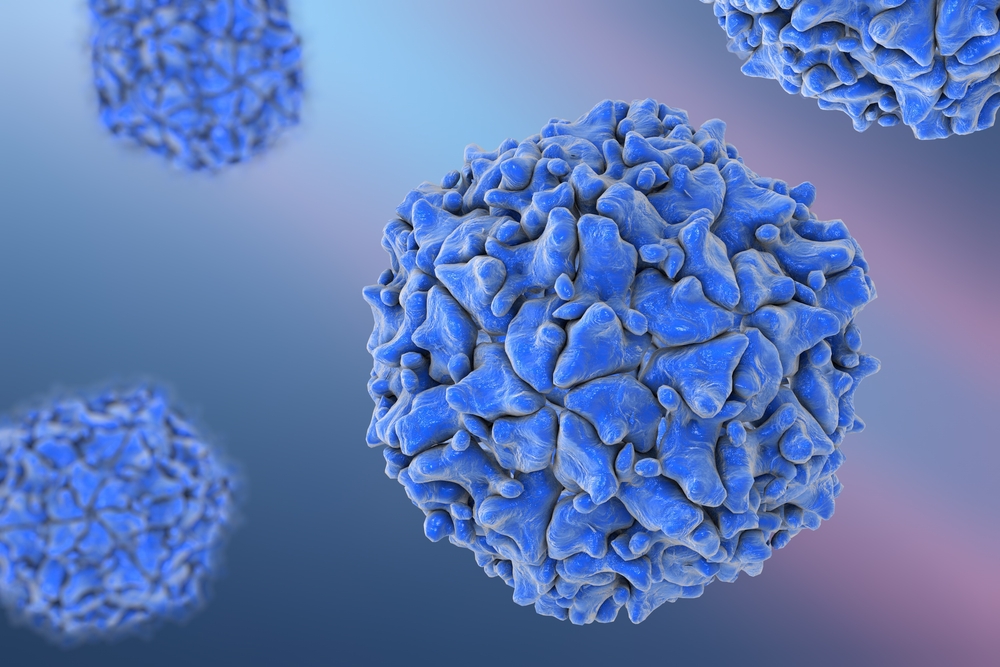Immune Cells in the Gut Can Suppress Brain Inflammation in MS, Pre-clinical Study Finds

Immune cells in the intestine may reduce neuroimflammation in multiple sclerosis (MS) patients, a pre-clinical study suggests.
Moreover, the augmented number of these cells was sufficient to suppress brain inflammation in an MS mouse model.
The findings were reported in the study “Recirculating Intestinal IgA-Producing Cells Regulate Neuroinflammation via IL-10,” published in the journal Cell.
“If we can understand what these cells are reacting to, we can potentially treat MS by modulating our gut commensals,” Jennifer Gommerman, PhD, senior author of the study said in a press release, referring to the bacteria that live in the gut. Gommerman is a professor of immunology at the University of Toronto, Canada.
“That might be easier than getting drugs into the brain, which is a strategy that hasn’t always worked in MS,” Gommerman added.
MS is a chronic inflammatory disease characterized by the loss of myelin — the fat-rich substance that protects nerve fibers (axons) — leading to the progressive destruction of nerve cells. The disease is triggered by the malfunction of the immune system, including immune B- and T-cells.
Want to learn more about the latest research in MS? Ask your questions in our research forum.
Now, researchers at the University of Toronto and UC San Francisco (UCSF) in California explained how recent divergent results from clinical trials targeting B-cells prompted the team to further investigate their role during neuroinflammation.
“We already knew what was and was not working in the clinic,” said Gommerman. “But here we’ve uncovered the molecular and cellular mechanism at play. It’s a kind of reverse translation approach, which highlights the importance of the gut-brain axis in MS and other autoimmune conditions.”
B-cells originate in the bone marrow and can differentiate into different types of effector cells once they encounter a gut bacteria, namely into plasmablasts or plasma cells. Both cell types are white blood cells. However, while plasmablasts are effector cells with a short lifespan, plasma cells are long-lived mediators of humoral immunity, which involves the production of antibodies.
Specifically, clinical data showed that while therapies that target B-cells mitigated MS, those targeting plasma cells worsened the disease.
Also, recent studies have shown that reactive immune cells against the gut microbiome that produce immunoglobulin A (IgA), a type of antibody, can be found outside the gut.
In their study, researchers observed ruptures of the intestinal barrier that might compromise its function and could facilitate the migration of immune cells from the gut to the brain. They explored the “misplace” of these cells and their key role in battling the disease.
“IgAs comprise 80 percent of all antibodies in the body, yet their exact function is still not fully understood,” said Sergio Baranzini, PhD, a co-author of the paper and a professor of neurology in the UCSF Weill Institute for Neurosciences.
“Showing that IgA-producing B cells can travel from the gut to the brain opens a new page in the book of neuroinflammatory diseases and could be the first step towards producing novel treatments to modulate or stop MS and related neurological disorders,” Baranzini added.
The lead researchers met at a conference where both presented their work and realized they were pursuing the same questions.
They established a collaboration, and the UCSF team validated these observations using human MS samples. The researchers found that IgA levels were lower in fecal samples from patients with active MS neuroinflammation, suggesting that immunosuppressive cells — cells that have the ability to reduce inflammation — had been recruited to help fight patients’ disease.
One of the remarkable outcomes of the study is the possibility of eradicating brain neuroinflammation in mice by simply increasing the number of IgA plasma cells that migrate from the gut to the brain.
Moreover, researchers demonstrated that the success of these cells in dampening neuroinflammation depends on the production of interleukin-10 (IL-10). IL-10 is an anti-inflammatory cytokine, a small protein produced by immune cells that has immunosuppressive effects.
“As a clinician-scientist, it is exciting that our experiments linking preclinical animal models to the biology we see in real MS patients may have uncovered a general mechanism for how the immune system counteracts inflammation,” said Anne-Katrin Pröbstel, MD, from the Baranzini lab at UCSF and a co-first author in the study.
“Until now, no one has really studied these IgA-producing plasma cells in the context of disease, but we are now examining them in detail in patients with MS to begin to understand how we might manipulate them to help treat neuroinflammatory disease,” Pröbstel added.
Several questions stem from these findings, such as how different gut microbiomes may promote or inhibit the generation of these IgA plasma cells, or even how simple lifestyle choices may have an effect on our gut microbiome and affect the pool of these cells, especially in MS patients.
Step by step, researchers plan to pursue these findings, and determine which microbes in the gut promote the generation of immunosuppressive IgA plasma cells.
“There is something very critical about how the gut and brain are connected, and we’re starting to unravel the molecular threads behind that clinical observation,” said Gommerman. “It’s a great example of how fast science can move.”






